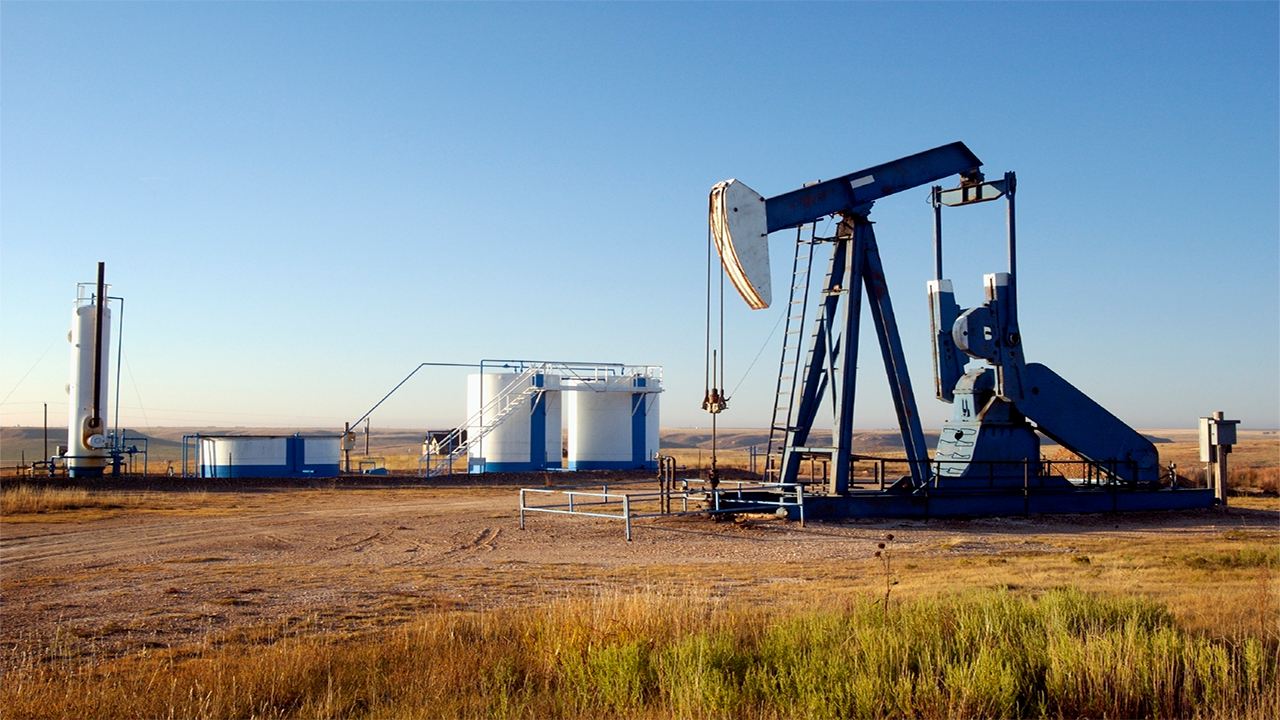- Fresh Trouble for Nigeria as Oil Price Plunges
The international oil benchmark, Brent crude, has fallen to its lowest level this year and below the proposed benchmark for Nigeria’s 2019 budget, with economic experts describing the development as a cause for concern for the country.
Brent, against which Nigeria’s oil is priced, plunged by $3.80 to $58 per barrel on Sunday as of 5:00pm Nigerian time. It rose to a four-year high of $86.74 per barrel early last month from around $66 at the start of this year.
The Federal Executive Council, on October 24, approved the government’s proposal of N8.73tn for the 2019 budget, and pegged the price of crude oil at $60 per barrel, up from $50.5 for the 2018 budget.
The Managing Director of Financial Derivatives Company Limited, Mr Bismarck Rewane, in a telephone interview with our correspondent on Sunday, said the government would need to revise spending and the oil price benchmark for the 2019 budget downwards.
He said some projects would be deferred, the country’s trade surplus would reduce, and the external reserves would come under pressure.
The reserves, which rose to a high of $47.865bn on May 10, fell to $41.52bn as of November 22, data from the Central Bank of Nigeria showed.
According to Rewane, the government has two options: adjustments or restrictions.
He said, “If you increase the restrictions, then you increase the premium on the currency. The adjustments are not easy and you cannot do that before an election. But if you have to do it, you have to do it. Even at $58, you can still get by but it is quite imminent that you have to make some adjustments.”
He said the government would need to sensitise the country to the fact that “our external imbalances are going to increase and that we might be heading towards some problems.”
“This is what we have been talking about: that we need to deal with the structural rigidities in the system to allow for adjustments. When the price was going up, we should have seen that adjustment to ensure that things get better. But when the price went up, things did not get better. Now the price is going down, things are going to get worse,” Rewane added.
The Director-General, West African Institute for Financial and Economic Management, Prof. Akpan Ekpo, said the oil price drop would lead to sharp declines in government revenue and foreign exchange earnings, with implications for capital project financing.
He said, “You cannot rely on a commodity whose price you don’t control. We should see oil revenue as a windfall, not to rely on it. It is not reliable at all because oil price fluctuates; so we are vulnerable to this negative oil shock, and people have been saying it for long that we need to get out of it.
“But once the oil price starts going up, we relax. The price decline should be a major source of concern because the economy depends heavily on oil. We need to diversify away from oil.”
A professor of economics at the Olabisi Onabanjo University, Ago Iwoye, Sheriffdeen Tella, said the government would need to be more prudent because the drop in oil prices would affect the execution of the budget.
He said, “It simply means that we have to be careful, particularly with outflow of money, which means there must be some restrictions on importation. So, it is going to be a little bit difficult for us again unless we are very careful with the execution of projects.
“We have to re-prioritise the projects that will be executed within the remaining part of the year because it is not as if the oil price will go up immediately.
“The external reserves will fall, and the central bank will not be able to assist the foreign exchange market as it has been doing. So, the exchange rate will fall, and that means that our imports will also be more expensive, which is not good for the economy.”

 Naira4 weeks ago
Naira4 weeks ago
 News3 weeks ago
News3 weeks ago
 Education4 weeks ago
Education4 weeks ago
 Social Media4 weeks ago
Social Media4 weeks ago
 Economy4 weeks ago
Economy4 weeks ago
 Investment4 weeks ago
Investment4 weeks ago
 Dividends4 weeks ago
Dividends4 weeks ago
 Business3 weeks ago
Business3 weeks ago



























